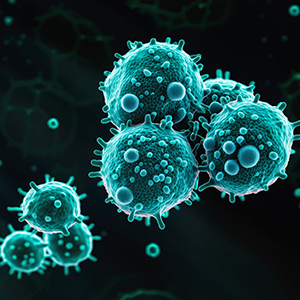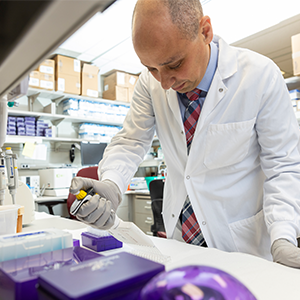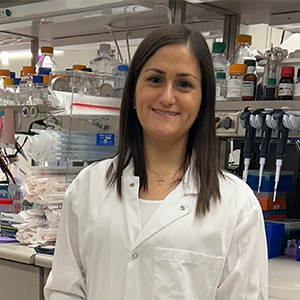
As family members, Barbara Domaille, Deborah Neville, Pamela Neville, and Rylie Ronnenberg share many things in common that they treasure, and only one they wish they didn’t: a hip abnormality called femoroacetabular impingement.
After undergoing genetic testing at Mayo Clinic, the four women learned that their collective hip woes were caused by a hidden genetic connection. And although that knowledge may not change how their condition is managed, it does offer some relief from nagging concerns. It also may provide researchers with information that could help others.
“We said yes [to testing] to try and stop some other family from having to go through this, because it’s not fun,” Deborah says. “We also wanted an answer to a question that’s been in the back of our minds for a while: ‘Is this something that genetics is causing to happen?’”
The remainder of this story can be read on the Mayo Clinic Laboratories site.
This story is part of the Patient Spotlight series that showcases the connection between the work done at Mayo Clinic Laboratories and its benefits to patients.
Related Articles







